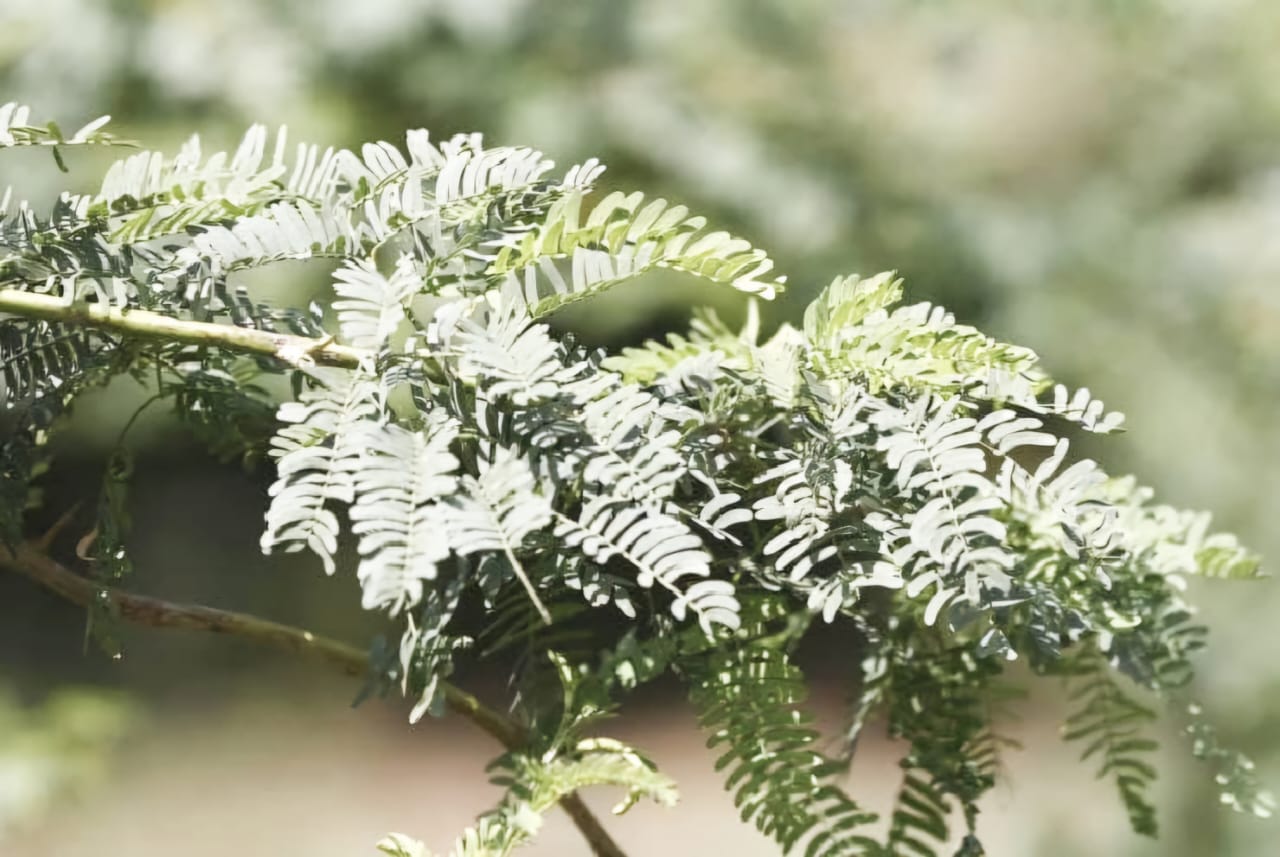
Researchers innovate ways to curb spread of invasive ‘Mathenge’ plant


Researchers from the University of Nairobi’s Department of Plant Resource Management and Agriculture Technology have developed innovative ways to curb the spread of the invasive Prosopis Juliflora plant, commonly known as “Mathenge.”
The initiative, in collaboration with communities in Isiolo and Samburu, involves crushing the plant’s seed pods to produce highly nutritious animal feed and using the stems to manufacture briquettes, an environmentally-friendly energy source for cooking.
The Mathenge plant has been a menace for local pastoralist communities in the two counties, particularly along the Ewaso Nyiro ecosystem.
It encroaches on grazing areas, suppresses pasture growth, and negatively impacts communities that rely heavily on livestock for their livelihood.
Additionally, the dense plant thickets have led to the proliferation of disease-carrying vectors like mosquitoes and sandflies, brought dangerous wild animals closer to homesteads, and sometimes forced communities to relocate from their homes.
According to Dr. Oscar Koech from the University of Nairobi, despite the adverse effects of Mathenge on local communities, the plant offers numerous other uses for both animal and human products.
He noted that the plant is rich in minerals and nutrients, making it a potential substitute for soybean in food processing.
Scientific analysis has shown that Mathenge contains between 18 to 24% crude protein, higher than many other legume plants used in animal feed production.

